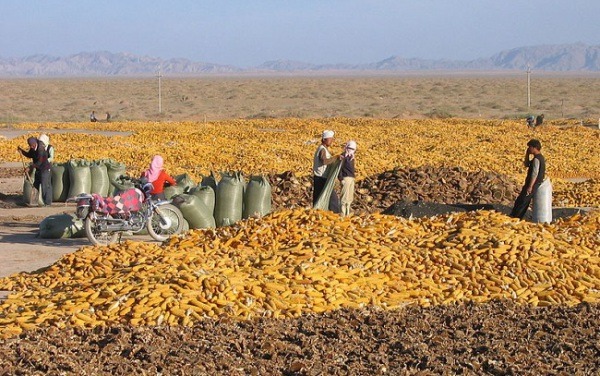Item Link: Access the Resource
File: Download
Date of Publication: December 1, 2015
Year of Publication: 2015
Publication City: Washington, DC
Publisher: National Academy of Sciences
Author(s): Paul R Ehrlich, John Harte
Journal: Proceedings of the National Academy of Sciences of the USA
Volume: 112: 48
Paul R. Ehrlich and John Harte reflect on the challenge of feeding the world in 2050 and call for “a revolutionary change in human society”.
The views and opinions expressed through the MAHB Website are those of the contributing authors and do not necessarily reflect an official position of the MAHB. The MAHB aims to share a range of perspectives and welcomes the discussions that they prompt.Achieving universal food security is a staggering challenge, especially in a world with an expanding population, accelerating consumption, and many signals of a deteriorating global environment (1). Some claim that population size and growth are irrelevant, and that the solution is a more equitable distribution of income, wealth, and available food. In this view, future food security is attainable, even if the global population grows to 10 billion or more over the course of this century. To others, biophysical constraints on how much food can be produced, combined with the size and growth of the human population, imply there soon may not be enough to go around, even with equitable distribution.
There is merit in both claims, but neither, alone, is adequate to identify the policies that have a chance of achieving the goal of food security…

